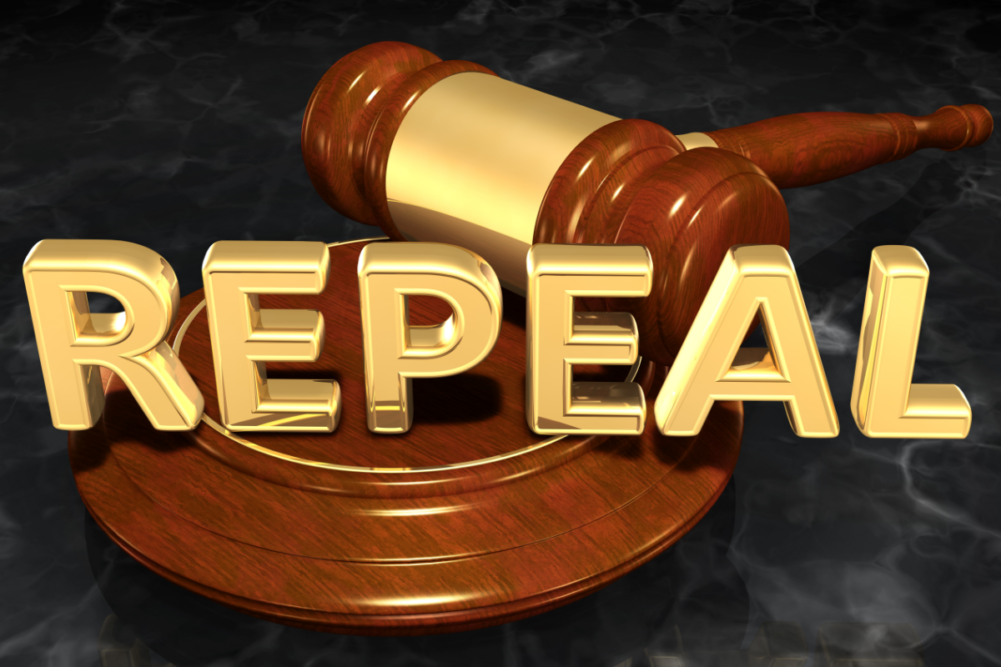WASHINGTON — In an April 23 court filing in connection with an ongoing lawsuit in which the agency is the defendant, the Department of Health and Human Services said it “anticipates issuing in the coming months a notice of proposed rulemaking repealing the Securing Updated and Necessary Statutory Evaluations Timely (SUNSET) rule.”
The SUNSET rule, promulgated on Jan. 19, President Donald Trump’s last full day in office, requires the HHS under the Biden administration and future administrations to review and assess more than 17,000 regulations, including Food and Drug Administration food safety regulations, within five years or see them expire. Thereafter, under the rule, any regulation would be sunset or expire 10 years after its release date unless the agency performs a review to determine whether it should be amended or rescinded.
Many business groups, including from the food and health industries, argued against the proposed rule as it might draw HHS attention away from more pressing concerns, among them the COVID-19 pandemic. There also were concerns the approach required under the SUNSET rule, including strict deadlines for regulation review and sunsetting, might not allow for more targeted and reasoned regulatory reforms and might have unintended consequences such as the inadvertent elimination of longstanding rules that have benefited consumer health and safety and guided industry operations.
Nevertheless, the HHS published in the Jan. 19 Federal Register the SUNSET final rule, and the clock began ticking as the rule was scheduled to take effect March 22, 2021.
On March 9, the County of Santa Clara, Calif., the California Tribal Families Coalition, the National Association of Pediatric Nurse Practitioners, the American Lung Association, the Center for Science in the Public Interest and Natural Resources Defense Council filed a lawsuit in the US District Court for the Northern District of California against the HHS aimed at blocking its implementation of the SUNSET rule.
“The SUNSET rule sets off a ‘ticking time bomb’ that will eliminate thousands of existing regulations that govern our health care system, food safety protocols, public health measures, social services, and so much more,” the plaintiffs said when filing the suit.
The plaintiffs alleged the SUNSET rule was “arbitrary and capricious” and violated the Administrative Procedure Act (APA) and the Regulatory Flexibility Act by failing to name which regulations might expire under the rule and providing only a brief 30-day notice-and-comment period.
The plaintiffs also alleged the SUNSET final rule threatened imminent and irreparable harm to them and the general public, including by creating regulatory confusion and uncertainty that would impede their ongoing operations, budgets and planning activities.
After the lawsuit was filed, the HHS on March 19, under the new administration, published notice in the Federal Register that it was postponing the effective date of the final rule by one year, to March 22, 2022. The HHS asserted the APA provides that an agency “may postpone the effective date of action taken by it, pending judicial review,” when the “agency finds that justice so requires.”
The HHS notice added, “Given the volume of HHS agency regulations that the Department would need to assess and, as applicable, review in a short period of time, HHS now believes it is likely some regulations would expire without any additional administrative process (contrary to the conclusions reached in the SUNSET final rule).”
The intention of the current HHS leadership to pursue repealing the SUNSET rule was stated and clarified in the April 23 court filing, which was submitted jointly by the Department and the plaintiffs asking the court stay the case until July 30, 2021, to provide the Department additional time “to evaluate the claims and its position before taking further steps in this litigation.”





